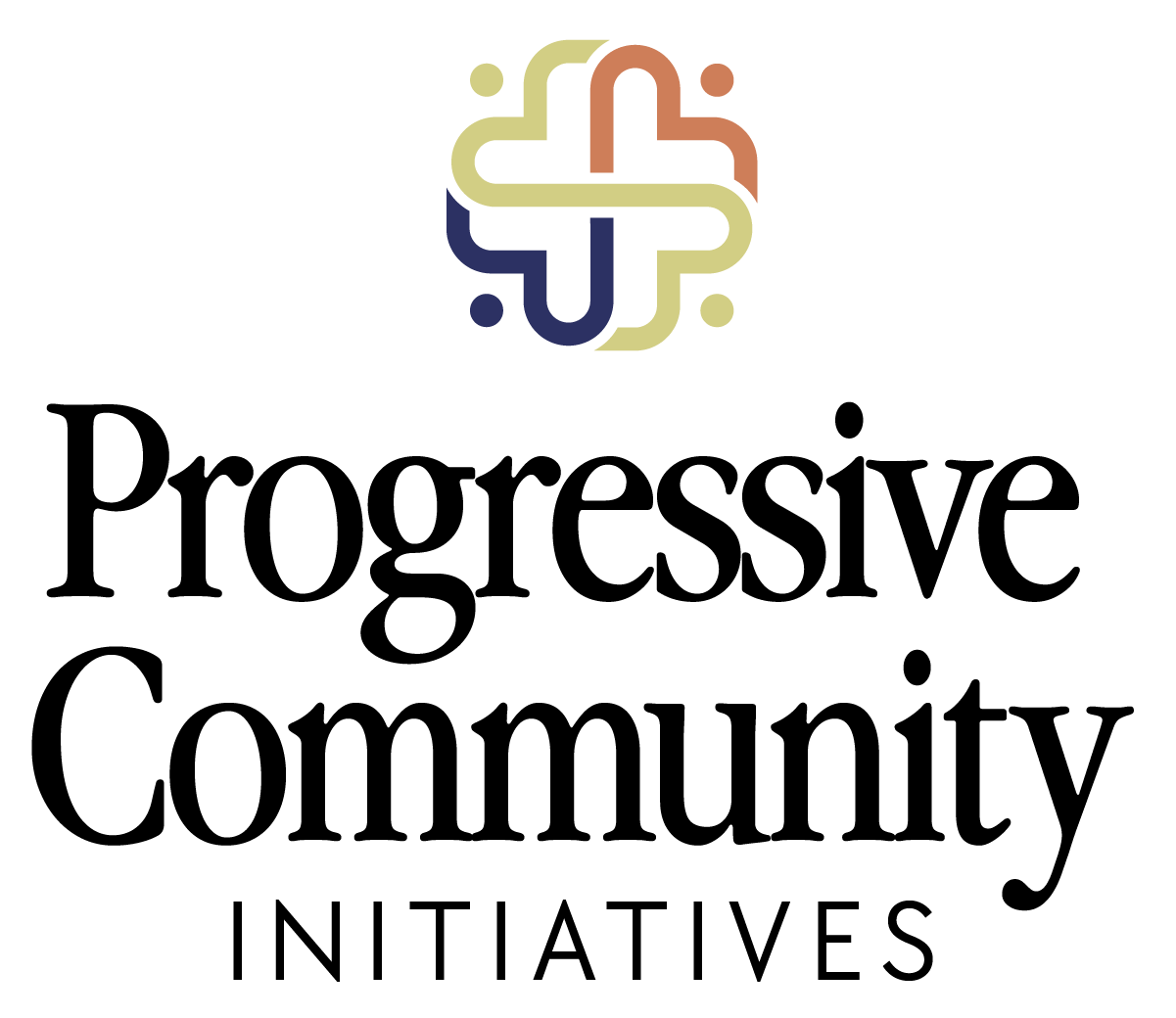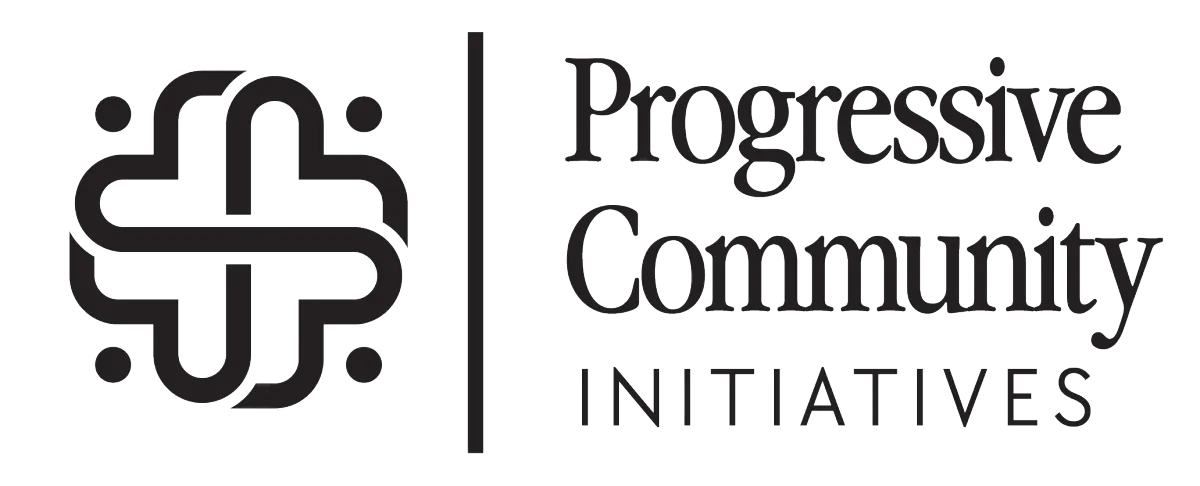Counseling Services
professionals who provide holistic And culturally responsive care
Are you feeling unheard or trapped in your mental health challenges?
You are not alone. Many people struggle with emotional distress, anxiety, depression, trauma, substance abuse, and relationship problems.
Counseling Services
professionals who provide holistic And culturally responsive care
Are you feeling unheard or trapped in your mental health challenges?
You are not alone. Many people struggle with emotional distress, anxiety, depression, trauma, substance abuse, and relationship problems.
Mental Health Counselors...

Our priority
ensuring that you feel truly heard and understood.
This supportive relationship forms the foundation for healing and growth, allowing you to explore your challenges with confidence and trust.
Providing a Safe Space
One of the common difficulties individuals encounter is finding a safe space where they feel heard and validated. It can be frustrating when your experiences are dismissed or misunderstood by others.
Providing Holistic Care
Another challenge is accessing comprehensive care that addresses all aspects of your well-being. Limited resources, such as time, funding, and availability of support services, can hinder your ability to receive the necessary treatment. It's essential to find providers who prioritize your needs and offer personalized treatment plans tailored to your unique circumstances.
Culturally Responsive
Cultural factors play a significant role in mental health experiences. Individuals from diverse backgrounds may face additional barriers due to cultural differences in understanding and addressing mental health concerns. Finding a counselor who embraces cultural sensitivity can make a significant difference in ensuring that your values, beliefs, and identity are respected throughout the therapeutic process.
Imagine a life where your mental health
challenges no longer hold you back, where you
feel heard, understood, and supported.

This is the transformative power of
holistic mental health counseling.
By seeking the guidance of a skilled mental health counselor, individuals and communities can embark on a journey towards improved well-being, personal growth, and fulfillment. Through a range of therapeutic interventions and compassionate support, mental health counselors empower their clients to overcome obstacles, foster resilience, and embrace a life of greater joy and purpose.
We help individuals address a wide range of issues across various domains of life.
Here are a few ways that we can help:
Mental Health Disorders
Counselors can assist individuals in managing and coping with mental health conditions such as anxiety disorders, depression, bipolar disorder, PTSD, OCD, and more.
Relationship Problems
Counselors can help couples navigate relationship challenges, improve communication skills, address conflict, rebuild trust, and strengthen emotional bonds.
Family Issues
Counselors can support families in resolving conflicts, improving communication, setting boundaries, and navigating transitions such as divorce, blended families, or parenting difficulties.
Stress and Burnout
Counselors can teach individuals coping strategies to manage stress, prevent burnout, and promote work-life balance.
Grief and Loss
Counselors can provide support and guidance to individuals coping with the loss of a loved one, helping them navigate the grieving process and find meaning and healing.
Trauma and Abuse
Counselors can assist individuals in processing and healing from traumatic experiences, including physical, emotional, or sexual abuse, accidents, natural disasters, or combat trauma.
Substance Abuse and Addiction
Counselors can provide assessment, support, and treatment for individuals struggling with substance abuse or addiction issues, including alcohol, drugs, gambling, or other addictive behaviors.
Self-Esteem and Identity Issues
Counselors can help individuals develop a positive self-image, build self-confidence, and explore issues related to identity, self-worth, body image, and personal identity.
Life Transitions
Counselors can support individuals in navigating life transitions such as career changes, relocation, retirement, empty nest syndrome, or aging-related challenges.
Academic and Career Concerns
Counselors can assist students and professionals in exploring career options, setting goals, overcoming obstacles, and maximizing their potential in academic and professional settings.
Anger Management
Counselors can help individuals understand and manage their anger, develop healthy coping strategies, and improve communication skills to resolve conflicts peacefully.
Existential and Spiritual Concerns
Counselors can provide support and guidance for individuals grappling with questions of meaning, purpose, spirituality, and existential dilemmas.
Substance Abuse and Addiction (Alcoholism, Drug Addiction)
Counselors offer compassionate support and evidence-based treatment to individuals struggling with alcoholism, drug addiction, or other substance-related issues. By addressing physical, psychological, and social aspects of addiction, counselors empower clients to overcome cravings, manage triggers, and build fulfilling lives free from substance dependence.
Smoking and Tobacco Use
Counselors assist individuals in breaking free from the grip of nicotine addiction and reclaiming their health and well-being. Through personalized counseling sessions, education, and behavioral interventions, counselors help clients understand the harmful effects of smoking, identify triggers and patterns of tobacco use, and develop strategies to quit successfully. By providing ongoing support and encouragement, counselors empower clients to overcome withdrawal symptoms, navigate cravings, and adopt healthier habits for a smoke-free future.
Self-Harm or Suicidal Behavior
Counselors offer empathetic support and crisis intervention to individuals struggling with thoughts of self-harm or suicide. They provide a safe space for clients to express their emotions, explore underlying issues contributing to suicidal ideation, and develop coping strategies to manage distress and build resilience. Through compassionate listening, risk assessment, and safety planning, counselors empower clients to seek help, access support resources, and discover hope for a brighter future.
Aggressive or Violent Behavior
Counselors work with individuals to address underlying factors contributing to aggressive or violent behavior, such as unresolved trauma, anger management issues, or relationship conflicts. They provide assessment, counseling, and skill-building exercises to help clients develop healthier coping mechanisms, improve communication skills, and build positive relationships. By promoting self-awareness, empathy, and accountability, counselors empower clients to break the cycle of violence and create a safer, more peaceful environment for themselves and others.
Compulsive Gambling or Gaming
Counselors offer support and intervention to individuals struggling with addictive behaviors related to gambling or gaming. They provide assessment, counseling, and education to help clients understand the consequences of their compulsive behavior, identify triggers and risk factors, and develop strategies to regain control over their impulses. Through cognitive-behavioral therapy, motivational interviewing, and relapse prevention techniques, counselors help clients build healthier habits, repair relationships, and reclaim their lives from the grip of addiction.
begin your journey towards holistic
wellness with our team of experienced professionals
At Progressive Community Initiatives, we're dedicated to providing accessible, compassionate care and expert education to empower individuals and communities. If you or a loved one is seeking support for mental health challenges, we're here to help.
Take the First Step Towards Wellness Today!
@2024 Progressive Community Initiatives, LLC | ALL RIGHTS RESERVED | PRIVACY POLICIES | WEBSITE DESIGN BY BUILD YOUR BEST YEAR | Build your best website platform

